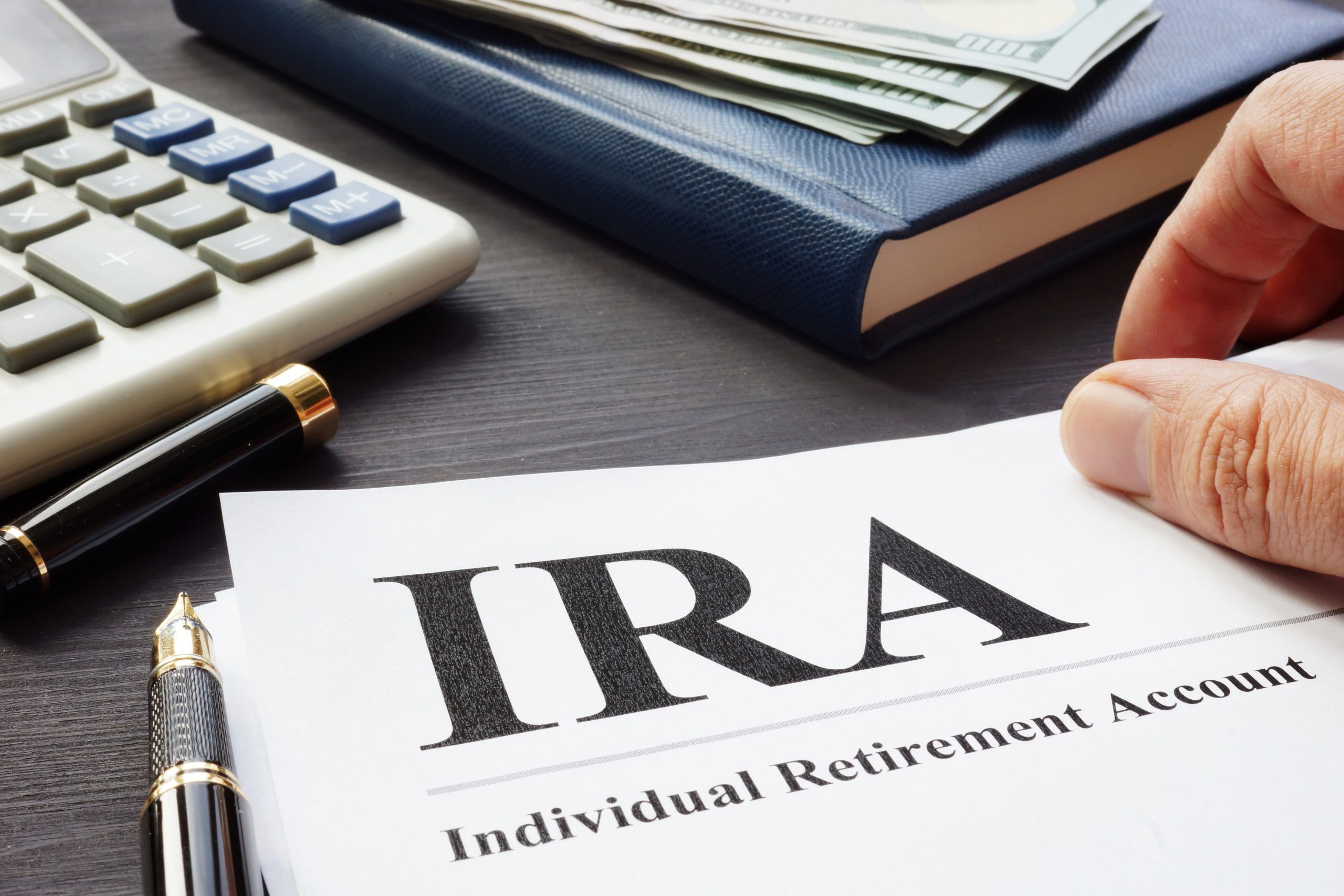With plentiful opportunities for teen employment this year, now is the perfect time to consider opening a Roth IRA for your minor child. Here’s what you need to know.
What is a Roth IRA?
A Roth IRA is a type of IRA that allows you to make after-tax contributions instead of pretax contributions, such as those you might make with your own IRA or your employer’s 401(k). While a regular IRA and a Roth IRA are similar in many respects, it’s important that the account be designated as a Roth IRA when it is set up.
A Roth IRA is subject to the same rules that apply to a traditional IRA with the following exceptions:
- You cannot deduct contributions to a Roth IRA.
- If you satisfy the requirements, qualified distributions are tax-free.
- For 2020 and later, there is no age limit on making regular contributions to traditional or Roth IRAs.
- You can leave amounts in your Roth IRA as long as you live.
- The account or annuity must be designated as a Roth IRA when it is set up.
Roth IRAs for Minors
Minors generally cannot open brokerage accounts in their own name until age 18. As such, it requires an adult to serve as custodian. A Roth IRA for minors is also known as a custodial account Roth IRA or a Roth IRA for Kids. No matter which name it uses, the benefits are the same as a regular Roth IRA.
Here’s how it works:
The custodian opens and maintains control of the minor child’s Roth IRA. Decisions about contributions, investments, and distributions are also controlled by the custodian, who receives account statements as well.
As the custodian, parents should remember that while they control and maintain the account, it belongs to the minor child. As such, the accounts funds must be used for the benefit of the minor. Generally, assets must be transferred to a new account in the minor’s name when they reach either 18 or 21, depending on the state.
Earned Income. A minor can only contribute to a Roth IRA if they have earned income from a summer or after-school job or earnings from self-employment such as babysitting, pet sitting, or mowing lawns. As a reminder, self-employment earnings of $400 or more may be subject to self-employment taxes such as Medicare and Social Security.
Most teens won’t be required to file a tax return; however, they should keep a written log of hours worked in case the IRS contacts them with questions at a later date.
Contributions. For 2022, that maximum contribution to a Roth IRA is the lesser of $6,000 or the total of the child’s earned income. For example, if your child earns $3,000 this year, the maximum contribution is $3,000 (not $6,000). Parents can add funds to their child’s account as long as the total contribution amount (child and parent) does not exceed the amount of earned income your child made this year. Using the example above, if the child earned $3,000 but only wanted to contribute $1,500 to their Roth IRA, the parent could contribute an additional $1,500.
Contributions can be withdrawn penalty and tax-free at any time – you don’t need to wait until age 59 1/2. Even if your child makes a one-time contribution today, the earlier they start saving, the more time their money has to grow, thanks to the power of compounding.
Questions About Custodial Roth IRA Accounts?
While your teen might not see the point of contributing to a retirement account now, they will thank you later. If you have questions about Roth IRAs for minors, don’t hesitate to contact us.


